Gaps in the core curriculum
In many schools in Hue, Da Nang , and Quang Ngai, many students know the names of historical figures such as Tran Hung Dao, Nguyen Hue, and Ly Thuong Kiet, but are surprised when asked about the "ly ngua o", the "ho pounding rice", the "hat choi" song, or the custom of chanting names when going to the communal house or to the sea.
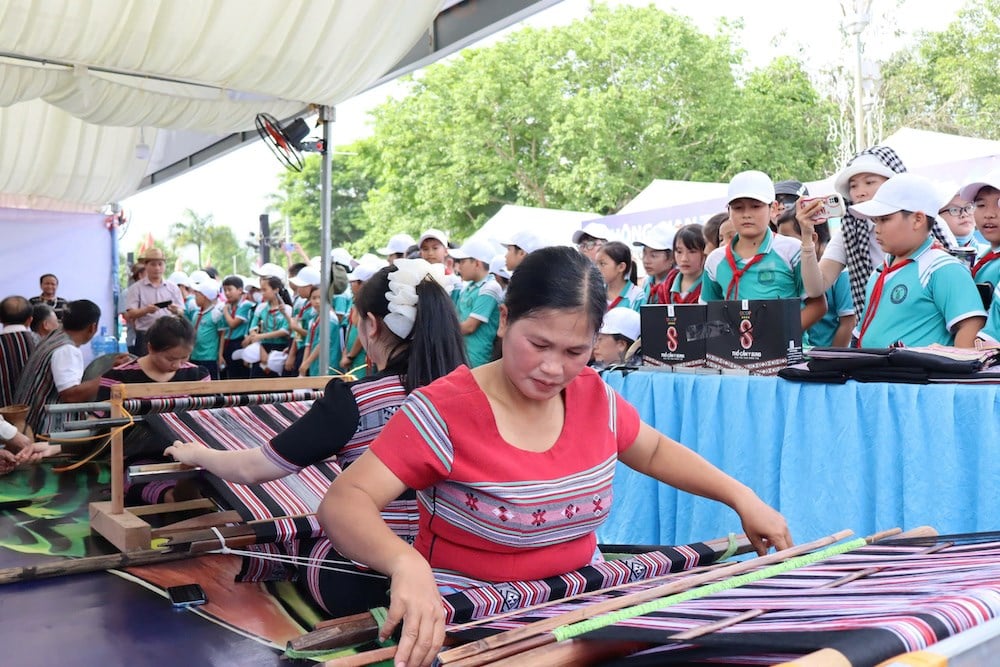
Obviously, besides remembering history, students lack knowledge and love for traditional culture, an important part that makes up the core of the Vietnamese spirit.
Rituals and customs such as the fish praying ceremony, singing "Ba Trao" (in Da Nang), "Ho Khoan" ( Hue ), ancestral fish worship rituals, traditional wedding trays... are gradually disappearing from formal school lessons.
Meanwhile, many schools follow the "internationalization" trend, organizing Halloween, Christmas, and Valentine's Day in a big way, but rarely witness the Hung Kings' Death Anniversary, Mid-Autumn Festival, and Cold Food Festival being organized systematically. The integration of culture into subjects mainly stops at literature and history, lacking depth and experience.
Teacher Le Thi Mai, (a teacher in Quang Ngai ) shared: "We teach traditional culture through literature, but it is difficult to create real-life experiences due to lack of resources and time."
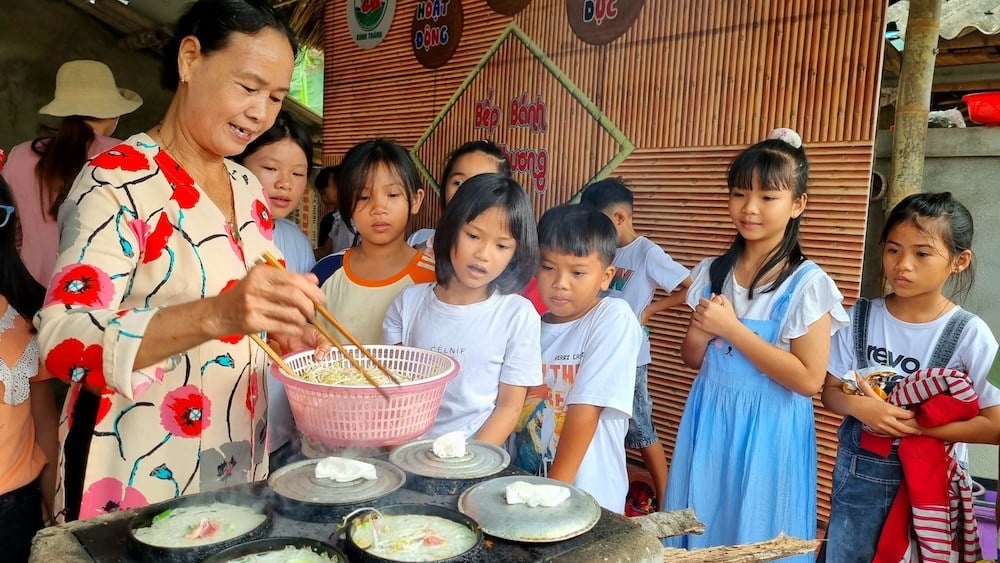
This reflects a common reality: teachers have not been properly trained to teach indigenous culture, while facilities and funding for organizing cultural activities are too limited.
In the context of globalization, students today are attracted to modern culture, technology, social media and foreign entertainment products. Lack of exposure to traditional values makes it easier for them to forget their roots.
Phrases like "chau van", "ao dai ngu than", "tuong co" have become unfamiliar to most students. Meanwhile, cosplay trends, Korean idols, Japanese animation, and online games are dominating the spiritual lives of young people.
Education expert Nguyen Duc Hoang commented: "If we do not promptly arouse national cultural pride in schools, we will lose the young generation to a world without roots."
Cultural education , a necessary journey to preserve identity
Cultural experts believe that cultivating knowledge of traditional culture in schools is an essential way to sow the seeds of Vietnamese spirit in the younger generation. This not only supplements knowledge, but also helps children understand their identity, form pride and awareness of preservation.
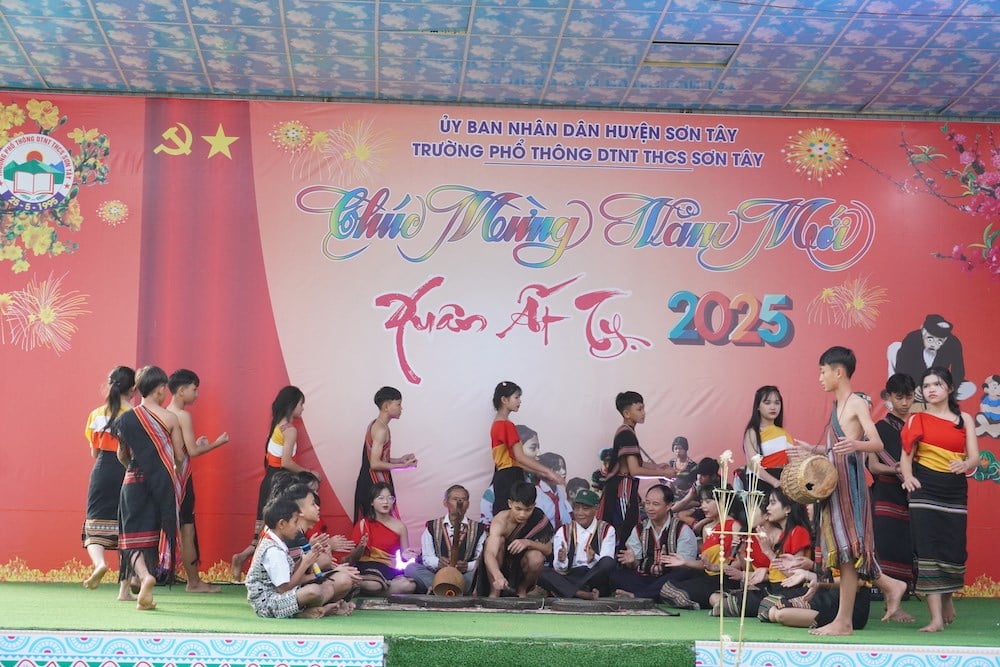
In fact, students who have participated in traditional activities often have a higher community spirit, a more positive attitude towards life, and are creative in the fields of art, language, and culture.
Therefore, it is necessary to innovate teaching and learning thinking, develop curriculum associated with local culture, train specialized teachers, and mobilize the participation of artisans and the community.
Activities such as school cultural festivals, extracurricular lessons at museums, village temples, and craft villages need to become mandatory instead of spontaneous extracurricular activities.
Integrating traditional culture into many subjects, from music, fine arts to civic education, also needs to be seriously researched and implemented synchronously.
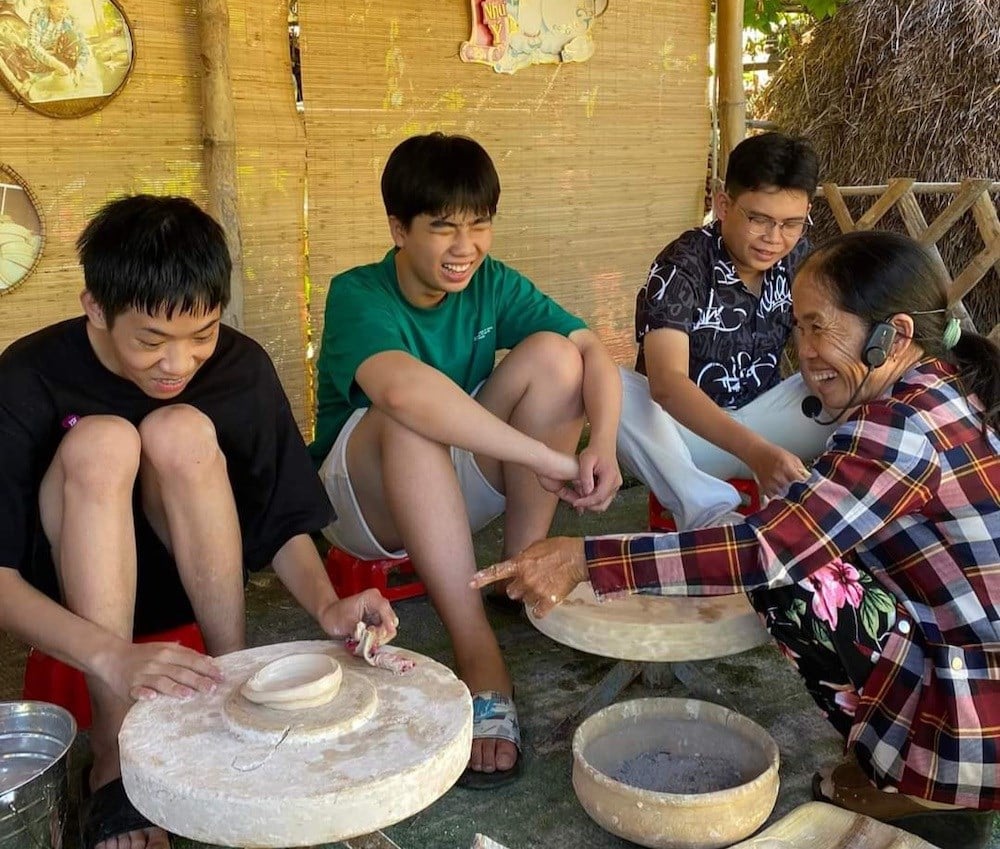
The big question now is: How to make traditional cultural education not just a slogan, but a practical part of the learning process? That problem requires the synchronous participation of the education sector, the government and the community.
The Ministry of Education and Training needs to provide specific guidelines for integrating local cultural education. Localities should proactively build a regional cultural resource bank to serve teaching. As for schools, it is important to change the awareness of the school board, teachers and parents.
In addition, there should be appropriate incentive and treatment policies so that artisans and prestigious people in the community are willing to teach students. It is necessary to establish linkage programs between museums, cultural centers and schools to create a vibrant learning network close to local life.
Initiatives such as digitizing cultural archives, building open lecture banks, and organizing regional cultural festivals at school and inter-school levels should be encouraged.
Preserving traditional culture is not nostalgia. It is the way for the younger generation to step into the future with a solid foundation – a foundation called Vietnamese identity.
Source: https://baovanhoa.vn/van-hoa/bai-1-chung-tay-dua-van-hoa-truyen-thong-vao-hoc-duong-153259.html



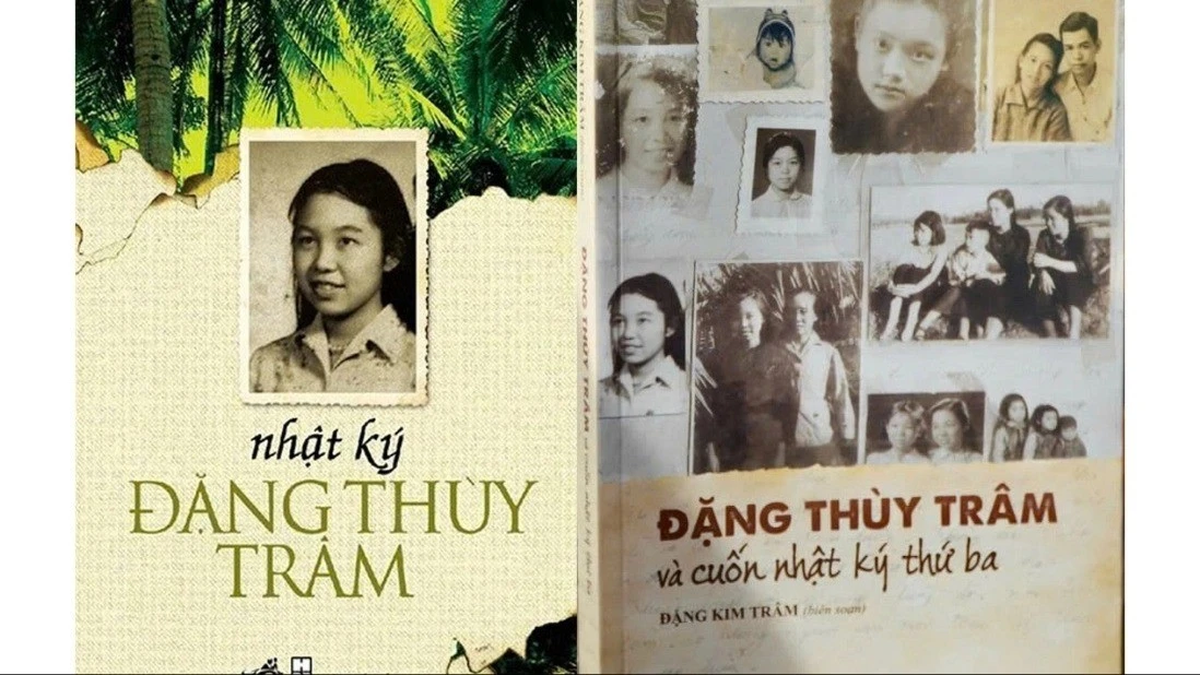
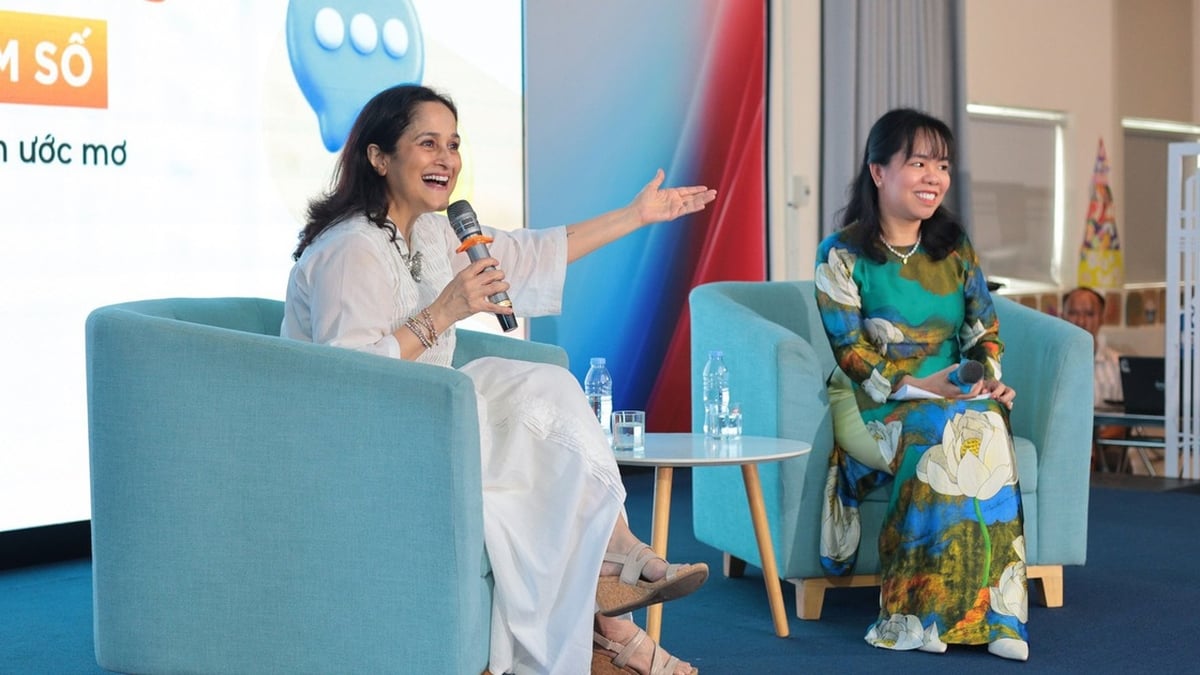

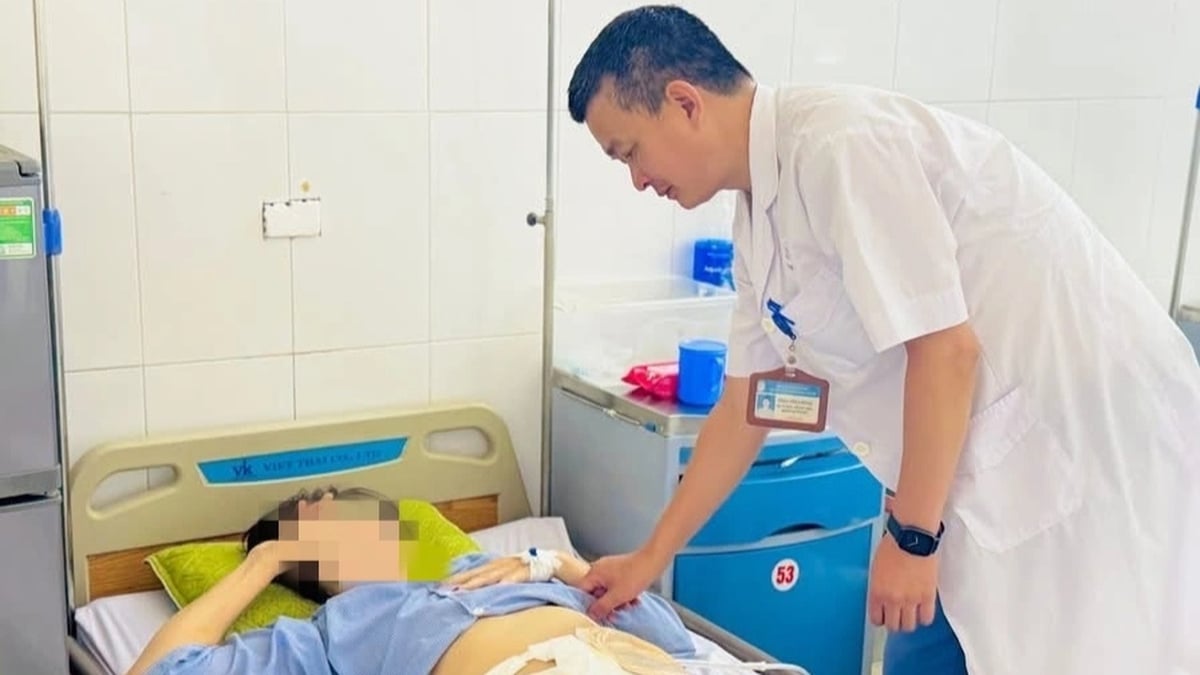

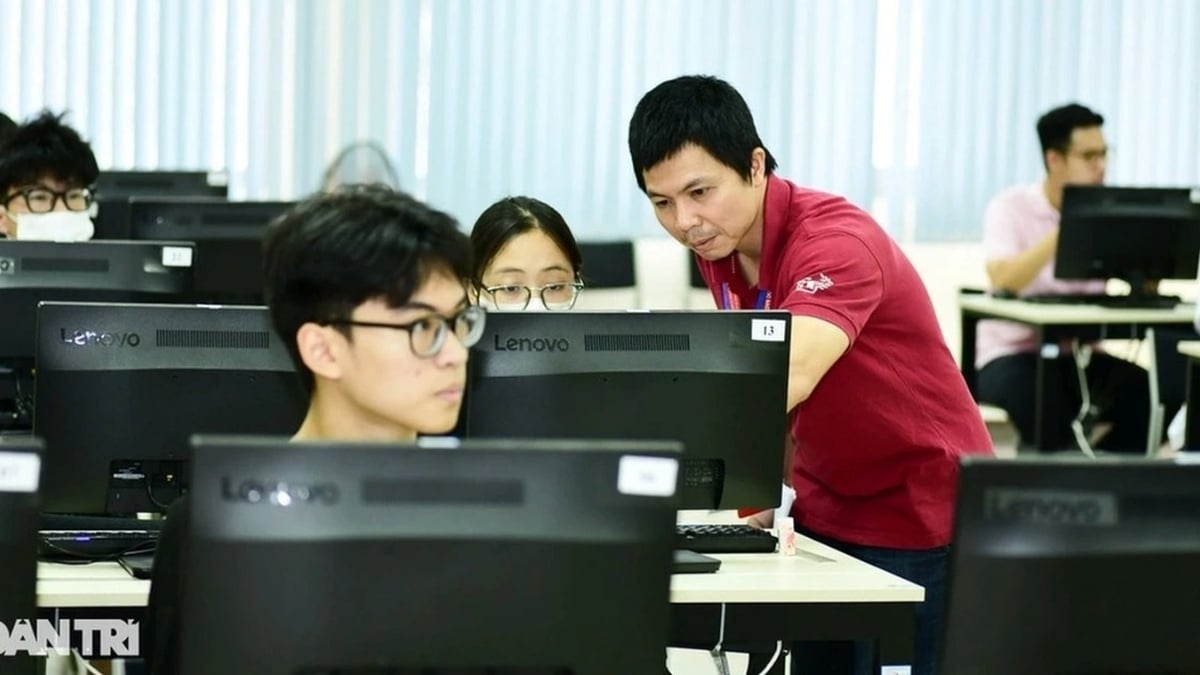


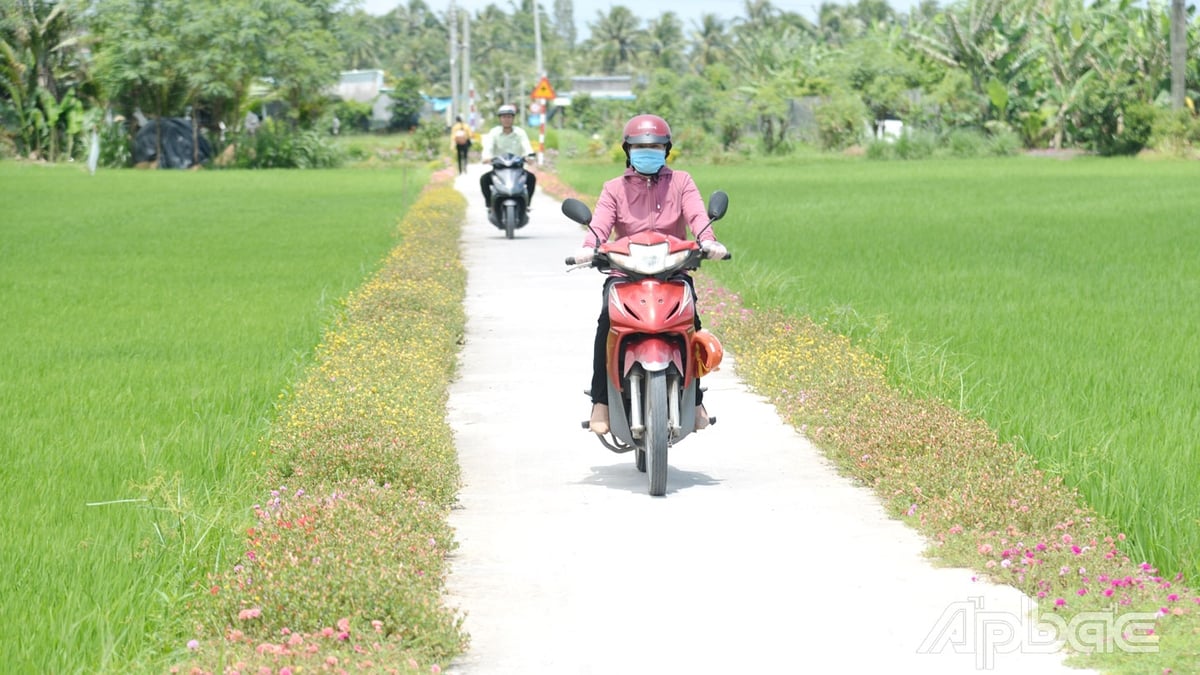

























































































Comment (0)